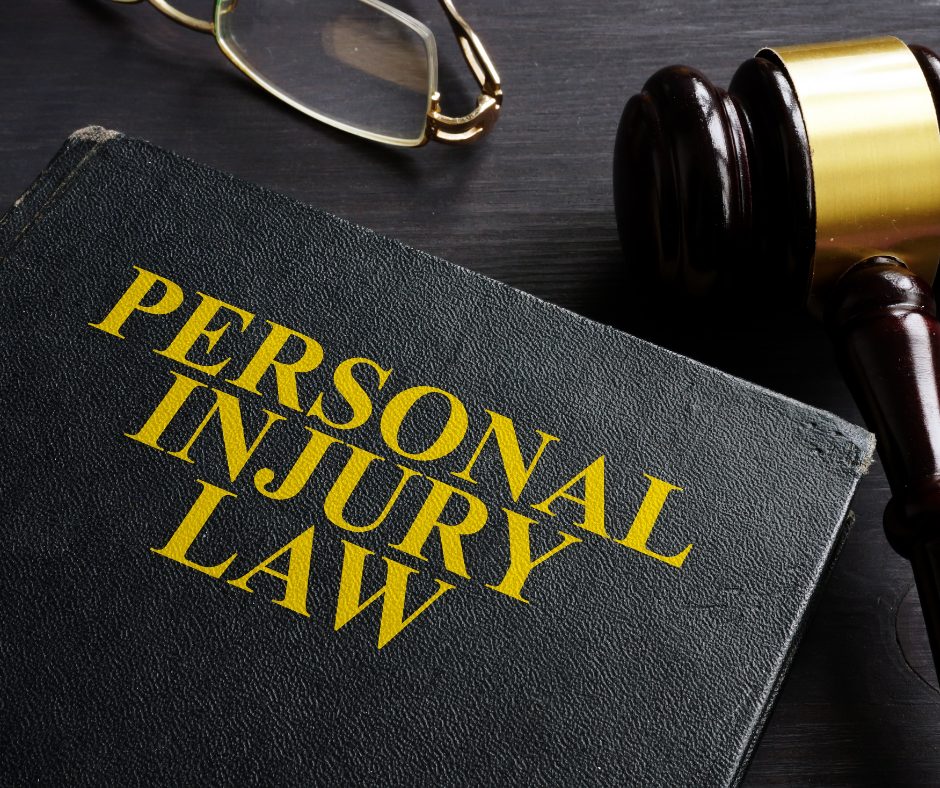You and your friends are enjoying a wonderful day at the mall when, suddenly, that bright, glossy floor at the new shop becomes a slippery slide. You twist like a pretzel and eat the floor. It’s embarrassing, it hurts, and it’s a scar you will carry forever.
As you sit there nursing a broken arm and sprained wrist, your first rational thought is that you need a slip and fall accident lawyer. If you’ve never heard of such a lawyer, you’re not the only one. Here’s what you need to know about public accidents and public liability and why you must pursue legal rights if an accident happens.
What Is Public Liability?
So, a public space is protected under specific laws. If the space is open to the public, its owner is liable to ensure people are safe if they enter there. Suppose someone gets hurt while in their shop, store, gym, or pub; the owner is liable to pay for damages.
The onus falls on the owner of the public space to keep people safe and anticipate reasonable injury potential in that space. So if you know your shop floor is wet, you should put up signs to warn people, or you will be liable to pay for damages when someone slips.
People can get hurt in more ways than one. While slipping, tripping, and falling are the obvious ways in which people can get injured, there are other ways.
Common Liability Injuries in Public Spaces
Typical injuries can be avoided by those who own public spaces (such as shopkeepers). Common injuries include:
- Sliding on a wet floor
- Falling off a broken chair
- Cutting yourself on poorly maintained equipment
- Driving into someone in a parking area because of poor visibility
- Slamming your hand in the shop door
What to Do When You Suffer a Public Injury
Having just slipped, sprained your wrist, and broken an arm, you may only think of getting up, getting to a doctor, and getting out of there (especially if a crowd is laughing at your ninja antics as you try to get back up). However, it would be best if you also considered that you have been injured due to neglect on the part of the shop owner.
The shop owner had scrubbed and polished the floors, and while the floors weren’t quite dry, they opened for business. The real clincher is that they didn’t put up that bright yellow, red, or orange sign – “Caution: Wet Floor.”
The court will see this as neglect on the shop owner’s part as their premises are a public space and liable to reasonable care to ensure people aren’t injured there. The owner’s carelessness means they should pay for your health care, emotional damage, and loss of income.
After you get up, take steps to preserve evidence:
- Document the scene, making sure to capture the lack of warning signs
- Get contact details of people who witnessed the incident as potential witnesses
- Get to a doctor immediately and get a full injury report
- File a police report
- Get a great personal injury lawyer

